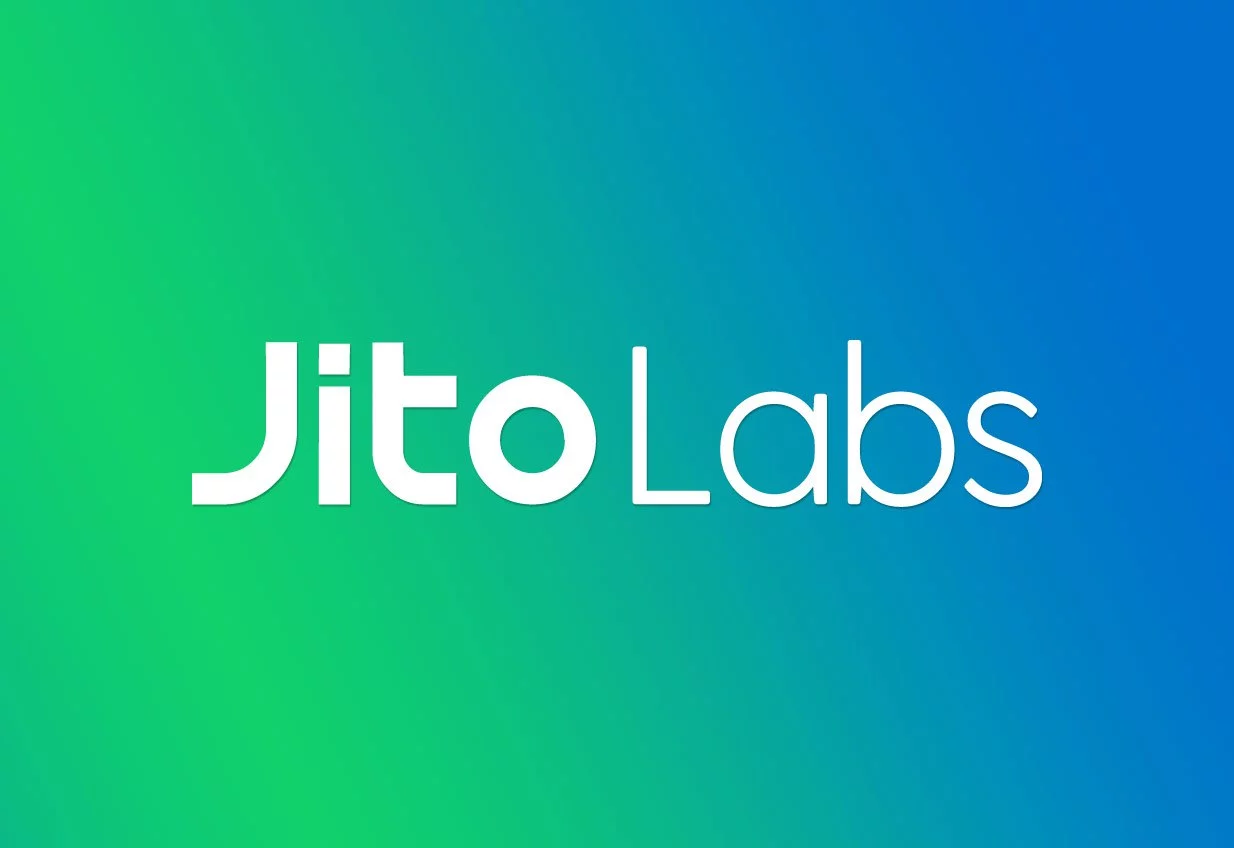Theoretically, restaking allows blockchain networks to use the value of other staked assets as collateral to ensure the integrity of their operations.
The Jito code has not yet undergone an audit or been implemented on the network, which is expected to happen next year. The codebase is intended to enable Solana-based protocols to set up mechanisms for providing economic security to virtually any application. Additionally, the Jito code will allow users to secure AVS (Autonomous Validation Services) using any crypto asset of their choice.
Jito’s approach to restaking differs from the version popularized by EigenLayer on the Ethereum network. EigenLayer restricts collateral to ETH, certain ETH derivatives, and the platform’s native EIGEN tokens.
Lucas Bruder, a member of the Jito Network, noted that the flexibility and customizability of the code architecture will be particularly beneficial for AVS.
Several protocols and startups are attempting to create restaking services for Solana. The release of Jito’s code places the project in a leading position.



































